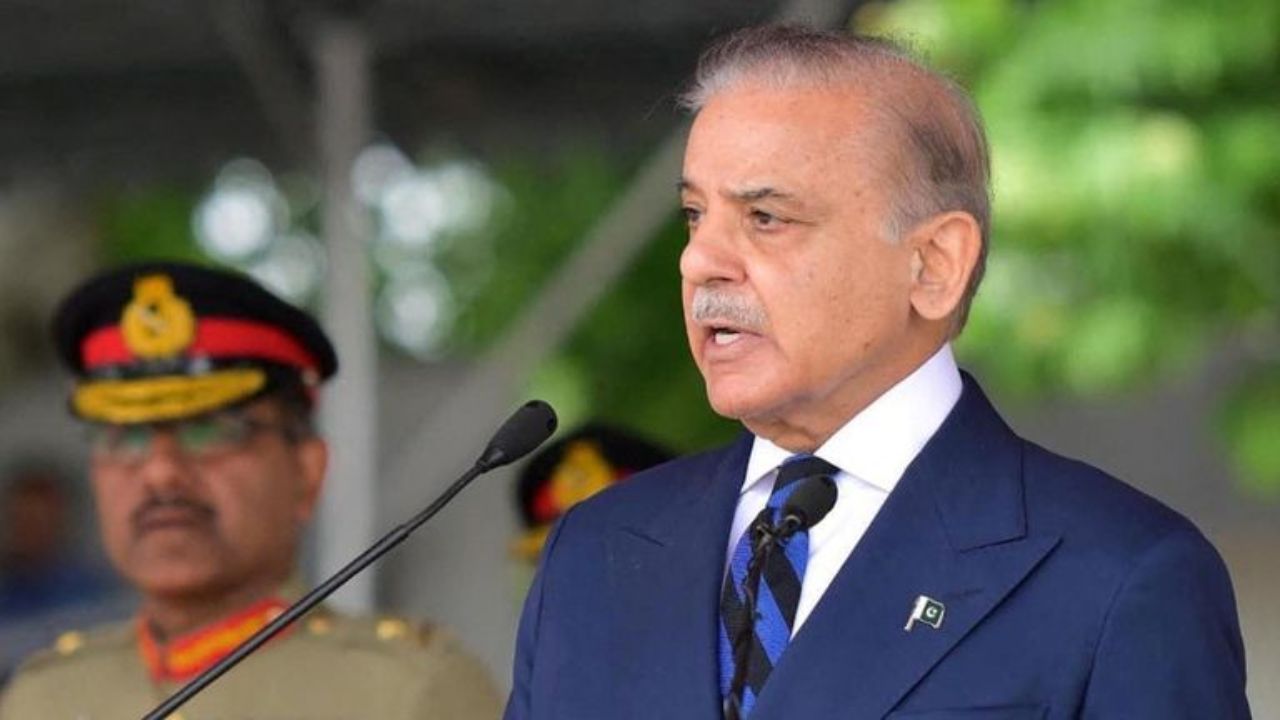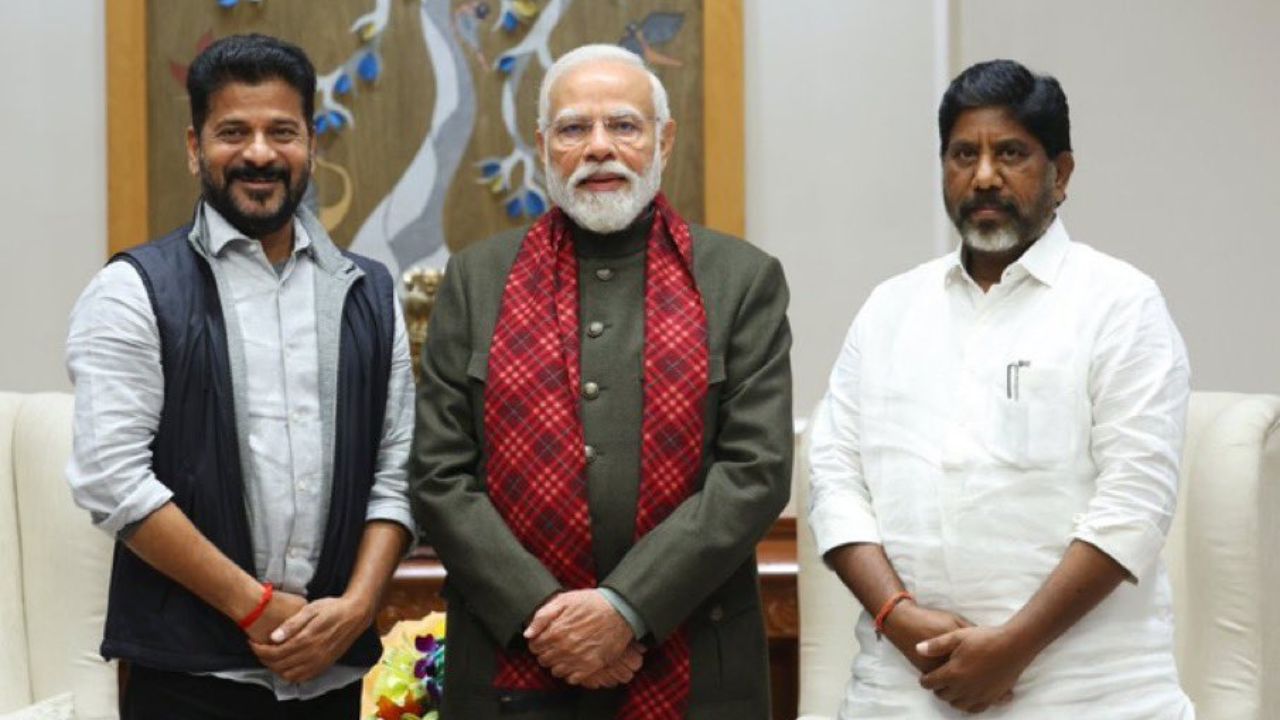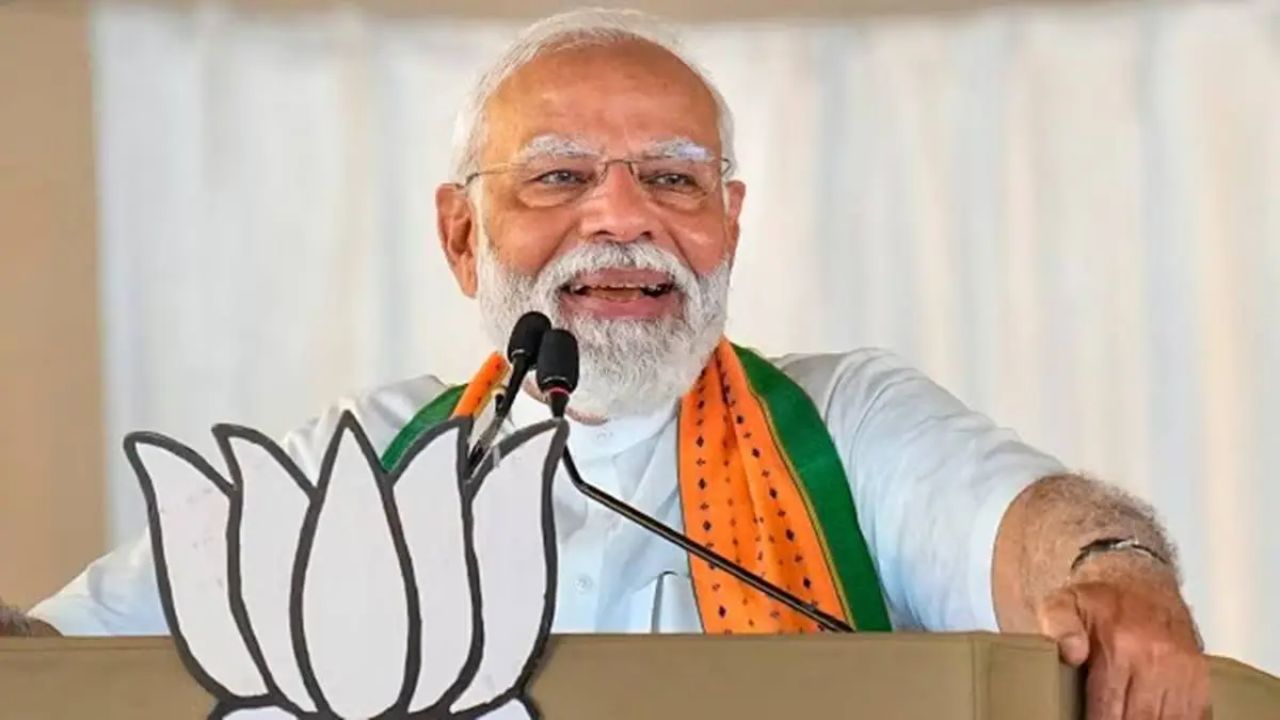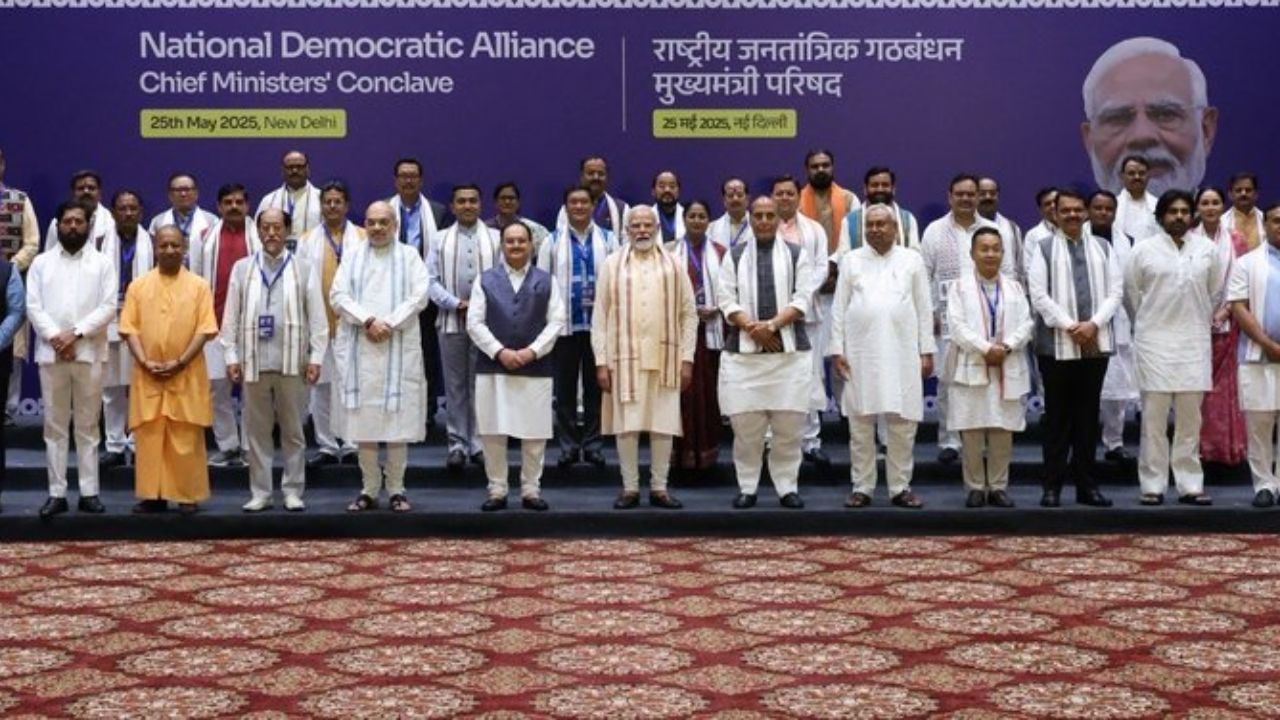Delhi Election Spotlight: Kejriwal, Sisodia Among Nominees Facing Criminal Allegations
Delhi Elections: Candidates with Criminal Cases in the Fray From AAP chief Arvind Kejriwal to his longtime associate Manish Sisodia, as well as riots-accused Tahir Hussain and Shifa-ur Rehman, several candidates contesting the Delhi Assembly polls
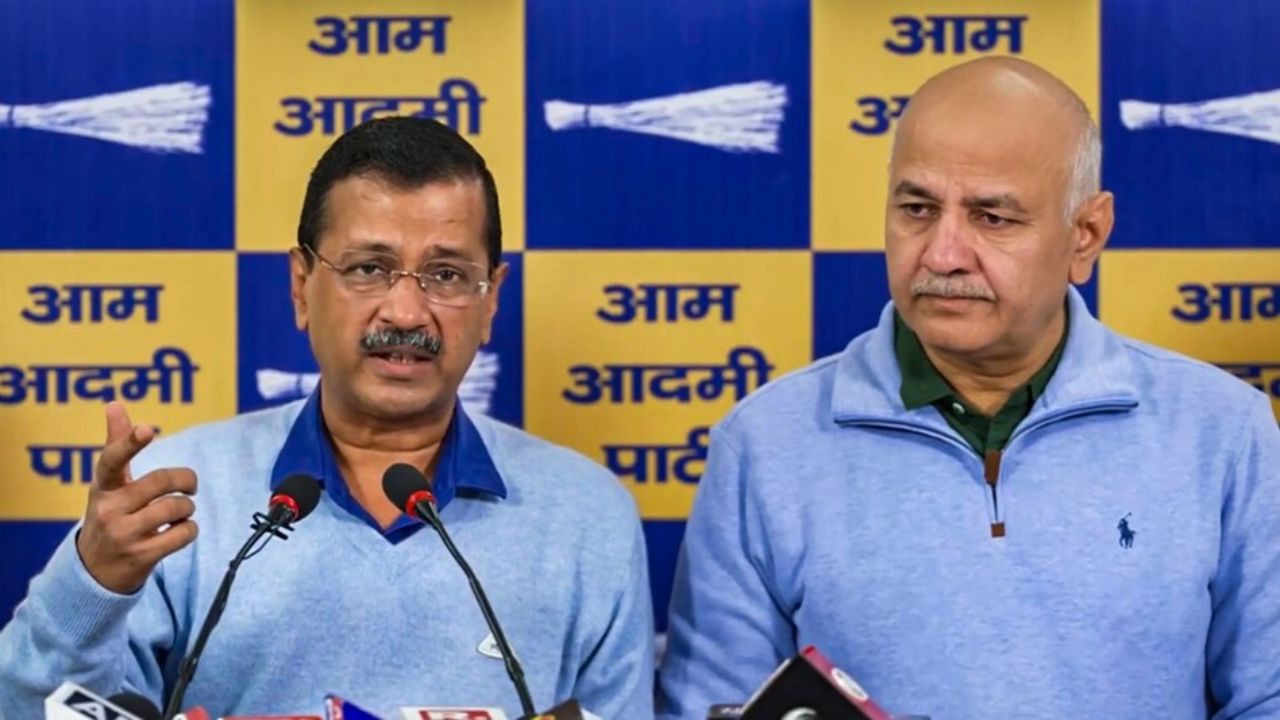
Delhi Elections: Candidates with Criminal Cases in the Fray
From AAP chief Arvind Kejriwal to his longtime associate Manish Sisodia, as well as riots-accused Tahir Hussain and Shifa-ur Rehman, several candidates contesting the Delhi Assembly polls have faced legal action, including jail time, for various cases such as corruption and riots.
Impact of Criminal Cases on Political Careers
Political analysts suggest that having a criminal record or being jailed does not necessarily impact a candidate’s popularity. While some politicians may gain public sympathy from incarceration, it does not always translate into votes.
Former Delhi Chief Minister Arvind Kejriwal was arrested in a money laundering case related to the now-defunct Delhi excise policy before last year’s Lok Sabha elections. Although he received brief bail for the campaign, his interim bail in September was restricted, including a ban on accessing the Chief Minister’s office. Two days later, he resigned, stating he would only reclaim the position when the public declared him honest. Following his resignation, AAP leader Atishi was sworn in as Delhi’s third woman Chief Minister.
During his Assembly poll campaign, Kejriwal has maintained that his arrest was politically motivated, alleging that the BJP sought to paint him as a “chor” (thief). However, he insists that even his staunchest critics do not believe he is corrupt. The BJP, on the other hand, has criticized him for portraying his jail time as a “badge of honor.”
Assam Chief Minister Himanta Biswa Sarma recently mocked Kejriwal, stating at a public rally, “He proudly talks about his jail time as if imprisoned during the freedom struggle. He was jailed in a liquor and corruption case—he should be ashamed.”
Expert Opinions on Criminal Records and Elections
Abhishek Giri, a political science professor at Delhi University, believes that while many politicians face criminal cases, not all see an impact on their electoral prospects. “Kejriwal built his reputation as an anti-corruption crusader, so being jailed in a corruption case was a blow to his image. However, when Delhiites vote, the focus may remain on AAP’s work—such as free water and electricity—rather than his legal troubles,” he said.
Azhar Mehboob, a political scholar at Jamia Millia Islamia, agrees, stating that public perception of politicians’ jail time varies and is not always linked to voting behavior. “Some politicians gain sympathy, others face public outrage, but other factors largely influence votes,” he noted.
Other High-Profile Arrests in AAP
Former Deputy Chief Minister Manish Sisodia and AAP leader Sanjay Singh were also arrested in the excise policy case. Sisodia was granted bail in August after spending 17 months in jail, while Singh was released in April.
Satyendar Jain, among the first AAP leaders to be arrested, recently remarked that despite multiple leaders being jailed in “false cases,” the BJP has failed to tarnish AAP’s public image. Jain, who was in jail for over 18 months in a ₹4.8 crore money laundering case, was released in October.
Jain emphasized that the Delhi elections are being contested based on real issues, not the accusations made by the BJP. He remains active in his constituency, which he has represented since 2013, securing victories in 2015 and 2020.
AIMIM Candidates Facing Legal Troubles
Two AIMIM candidates, Tahir Hussain and Shifa-ur Rehman, are also in the fray despite facing severe legal cases. Both have been accused of involvement in the 2020 Northeast Delhi riots and are currently in jail. Hussain, a former AAP MLA who has now switched to AIMIM, and Rehman, the former president of the Jamia Millia Islamia Alumni Association, have been granted parole to campaign.
Criminal Backgrounds Among Candidates: A Statistical Overview
Delhi will vote for its 70-member Assembly on February 5, with results announced on February 8. According to an analysis by the poll rights body ADR, 19% of candidates in this election have declared criminal cases—a slight drop from 20% in 2020. Additionally, 12% of candidates face serious criminal charges, down from 15% in the previous election.
As the election approaches, voters ultimately decide whether criminal cases influence their choices or whether governance records and policies take precedence.


